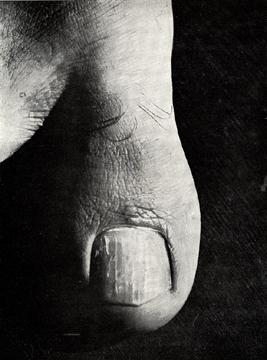|
February 20, 2004
I came across this passage on surrealism over at the wonderful Artrift site. It's a quote from Wallace Fowlie, Age of Surrealism, [Bloomington, Indiana Univ. Press, 1963], pp. 202-203.
"Wisely surrealism was never defined by the surrealists themselves as a new artistic school. Rather it was defined as a way of knowledge. Breton has persistently condemned a pragmatic view of life which would emphasize a calculated search for the kind of happiness that could only be limited and prudent. In proposing to man the hope for existence, surrealism advocated as means for achieving a better existence the disinterested play of thought, the power of dreams, the will to interpret the data of experience and to surpass ordinary experience. Even within what the world calls states of madness, an inner enduring force can be discovered. By accepting the demands of human desire, man can experience what has more reality than a logical and objective universe. One of the most original traits of surrealism, when one considers its contribution to poetry and painting, is the conviction that art is not an end in itself, that man must never stop with aesthetics and speculative philosophy.”
The language is old fashioned (eg., 'man' ) but the perspective is a fruitful one. Instead of using the old epistmological language I'll redescribe it. Surrealism is a way of knowledge based on desire. It is a knowledge of the world as lived by the body. An embodied knowing. Hence surrealism goes far beyond art, although art has been its most famous expression. It suggests a different way of relating to modern life to that of instrumental reason (eg., Taylorist and Fordist). It is a way of life based around a renewal of the sacred in everyday life.
We live in a world marked by nihilism; a world that has lost its cultural and communal cohesion as a result of the emptying out of our highest values. Hence we have the isolated individual in On Nietzsche and the isolated object in surrealist photography:

Jacques-Andre Boiffard, The Big Toe (1929)
Bataille saw surrealism as both a symptom and the beginning of an attempt to address this loss of meaning. Surrealism does this through a frequent transgression of a prohibition; through sacrificial rituals, self-mutilation (van Goghs ear), perversion and contact with the "animal in man."
Bataille's argument was that pure instrumental rationality (Comtean Positivism? ), and its offsprings Taylorism and Fordism (pure efficiency), left a gaping hole in modern life that was then filled with irrationality one way or another. The Surrealists responded to this situation by offering a way to express the desire for irrationality (such as excess, sacrifice, and fetishism) and by bringing the fruits of these irrational activities back to the realm of the rational within our everyday practices.
|
